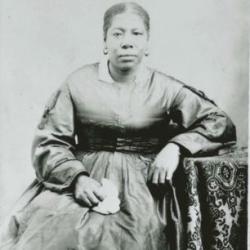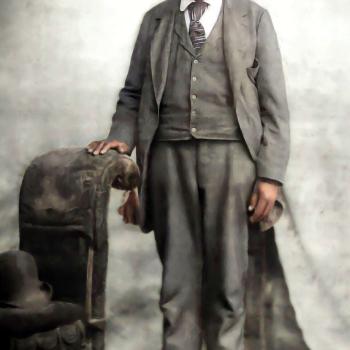The central problem of every society is to define appropriate roles for its men.
–Anthropologist Margaret Mead
Over the last several months we have witnessed far too many stories about “bad” boys—boys setting off a bomb at the Boston marathon; a boy taking up a weapon to shoot his fellow students; to name a few. But what makes this latest “bad” boys crime so shocking—the shooting of an Australian man—is the seemingly cavalier attitude of the shooters. They were bored.
These boys certainly need to be held accountable for their actions. I in no way want to diminish their complete responsibility for their crime.
But…as a society, we need to be asking questions about how we’re raising boys (or not raising them) and the consequences of raising a generation of “bored” boys.
Boys raised with no compelling vision for manhood, boys who have no good men pouring noble, heroic masculinity into them, become bored. And bored boys damage society either through passivity or violence.
Over 90% of the prison population is male. And almost 80% of them grew up without a father in their lives. These are boys who were raised with little or no good masculine energy being poured into them.
Bored boys see no value to life. Life loses its sacredness. And so any life becomes expendable.
Most bored boys won’t express their boredom through murder, but crime, playing on the edges of what’s legal, breaking the law because of a dare, and other acts against society grow, in large part, out of a sense of lostness—a lack of a vision for what it means to be a good man.
The other response to boredom—passivity—doesn’t get the press violence does, but we certainly feel its effects. Boys are checking out of society. Because they are falling behind girls in almost every area of education, fewer and fewer of them are attending college. They aren’t keeping up with the skills training required of them for 21st Century work. Over the last 20 years, the reading skills of the average 17 year boy have declined!
We stereotype these “boys” as the guys in the cave playing video games for hours on end. Or the guy who still lives with his parents at the age of 35. Or the guy watching ESPN 27 hours a day. These “images” are certainly symptoms of boredom. But the high cost of passivity runs deep.
Robert Bly, in his book, Iron John, offers some challenging insights into passive boys/men:
We know that for hundreds of thousands of years men have admired each other, and been admired by women, in particular, for their activity. Men and women alike once called on men to pierce the dangerous places, carry handfuls of courage to the waterfalls, dust the tails of wild boars. All knew that if men did that well the women and children could sleep safely. Now the boars have turned to pigs in the stockyard, and the rushing rivers to the waterfall in the Museum of Modern Art courtyard. The activity men were once loved for is not required…
…Women are coming out into activity just as men are passing them going the other way, into passivity…During the last 30 years men have been asked to learn how to go with the flow, how to follow rather than lead, how to live in a nonhierarchical way, how to be vulnerable, how to adopt consensus decision making. Some women want a passive man if they want a man at all; the church wants a tamed man—they are called priests (authors note—ouch!); the university wants a domesticated man—they are called tenure-track people…
The passive man may not say what he wants, and the girlfriend or wife has to guess it. As compensation for passivity at home, he may go into robot production at work…The passive man may skip over parenting…The passive man leaves his wife to do that.
A Swedish man…told me recently that his women friends complain that the Swedish man has no overview of the relationship. The man knows what he wants today or tomorrow, but does not know how he wants the relationship to be two years or ten years from now. We would call that a sort of passivity of vision. (pages 60-63)
Women in the US echo that concern as they are finding it more and more difficult to connect with men they want to date, let alone marry, because so many boys have grown up into passive men—men with no compelling vision for what it means to be a good man.
We have yet to fully experience the effects of a generation or two of boys growing up with no vision for manhood, but the glimpses we’ve seen so far should cause alarm!
This is a societal issue. One that we can positively impact if we have the courage to change the storyline of our boys and raise them with a noble vision for what it means to be a man.
What can we do about it?
1) We need to re-value boys. We’ve poured (and continue to pour) lots of energy into our girls over the last 40+ years. That’s a good thing. But our boys are lost, and we need to put that same energy into them.
2) Educators need to learn more about how a boy brain learns and fight for getting our boys caught up in school and parents will want to insist that their local teachers learn to teach to boys. (One great resource is the Gurian Institute.)
3) Men need to step up and start mentoring boys, pouring good masculine energy into them. Men need to model for our boys what it looks like to be a man of principle, character, and vision. The church, by the way, is filled with men looking for something world-changing to do. Men, this is your moment. You can change the world by mentoring a boy into manhood.
















